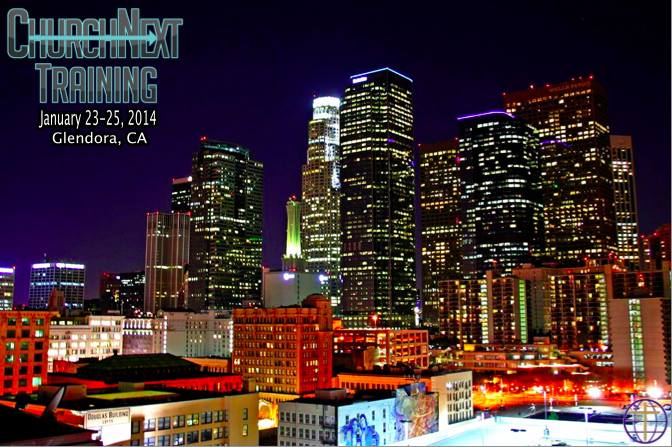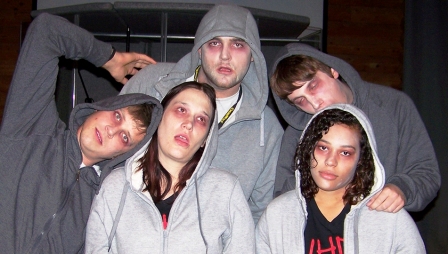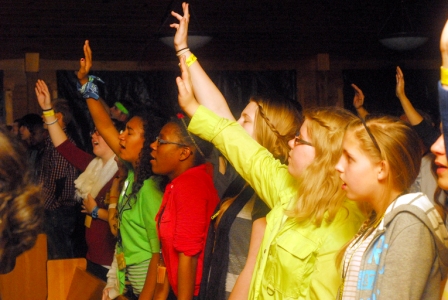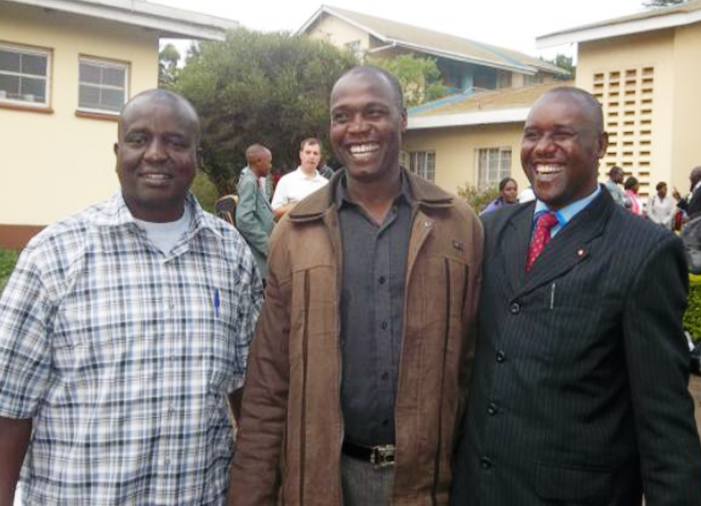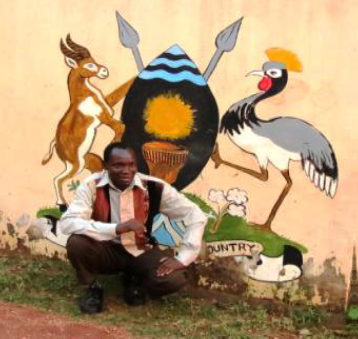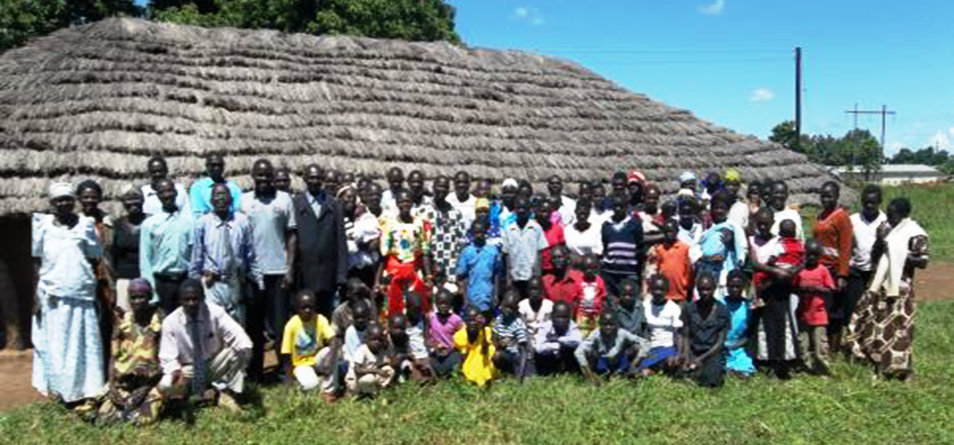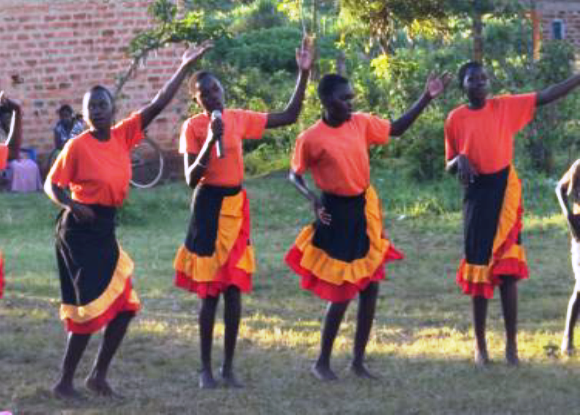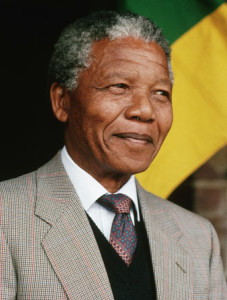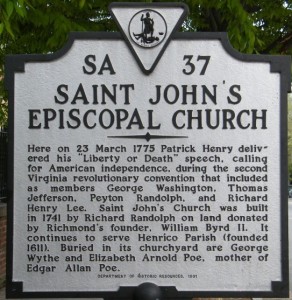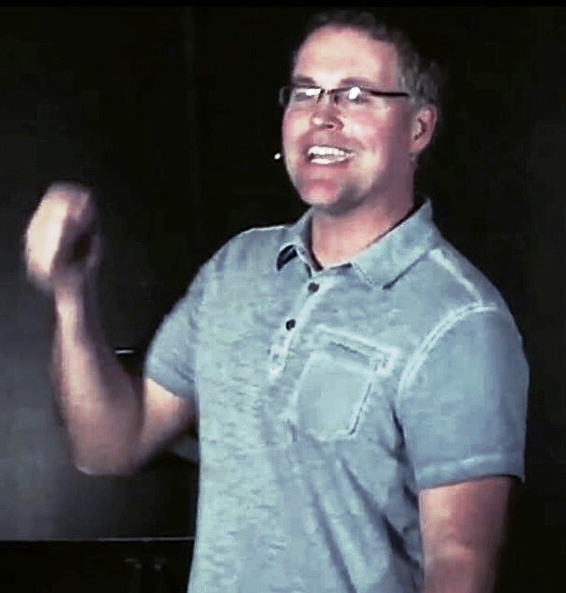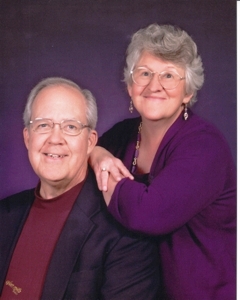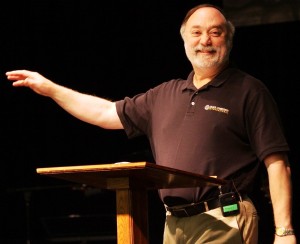
Dan Rogers serves GCI as the director of Church Administration and Development (CAD) and the superintendent of US ministers.
An only child, Dan was born in rural Tennessee. “We lived in a tar-paper shack with no electricity and no running water. My parents picked cotton for a living.” When Dan was six, the family moved to St Louis, Missouri. “My parents found work in the factories there. We then lived in a single room in a tenement, sharing a bathroom with five other families.” Shortly after Dan began attending school, he was selected to be part of a program for gifted children. He refers to this as “one of the great blessings of my life.”
Dan’s parents were listening to Herbert W. Armstrong on the radio before they were married. Dan says that one of his earliest childhood memories was hearing HWA’s “distinctive voice.” His mother, who was deeply committed to HWA’s teaching, was also committed to having Dan attend Ambassador College. This was not Dan’s original plan. “Most of my youth was devoted to sports. In high school I was approached by two major-league baseball teams and offered minor-league contracts. My father and I were interested, but my mother insisted that I attend Ambassador College. She got her wish.”
Dan graduated from Ambassador’s Pasadena, California campus in June 1970, then entered a whirlwind weekend. “I graduated on a Friday, married Barbara (Rand) on Saturday, and on Sunday my new bride and I left for my ministerial assignment in Boston, Massachusetts. I was ordained an elder less than a year later and a year after that I became the pastor of the churches in Concord, New Hampshire and Montpelier, Vermont at the ripe old age of 23.” Dan and Barbara served in New England for 12 years. “During our time in New England I was privileged to start all the churches in Maine. I also enrolled in the M.Div. program at Boston University.”
Dan and Barbara have been married for 43 years and have three children. “Our daughter, Christine, was born in Rhode Island in 1971, our son, Christopher, was born in New Hampshire in 1973 and our son, Steven Earl Preston Rogers (SEP, OrR), was born in 1989 in North Carolina.”
After leaving New England, the Rogers were transferred to Greensboro, North Carolina and soon started a congregation in Winston-Salem. “Later in 1989 we were transferred to the Atlanta area and during the seven years we served there I was the area coordinator for YOU and then the district superintendent for that area. While in Atlanta I was able to get a Master of Theological Studies degree from Emory University with the hope of someday teaching at Ambassador University.”
Dan’s life took a dramatic turn in 1996 when he received a phone call from headquarters. “After serving seven years in the Atlanta area, I was surprised that instead of being asked to go teach at Ambassador University, I was asked by Michael Feazell and Joseph Tkach to come to Pasadena to serve as director of CAD and to pursue a PhD degree. The doctrinal changes that began in late 1994 had resulted in the loss of many members, ministers and money by 1996. By this time, there had developed a great deal of mistrust of headquarters by the field ministers. An “us” and “them” mentality prevailed. It was thought that bringing in a long-time pastor to direct CAD might help heal the breach.”
It was a difficult assignment for a difficult time. “My first several years as director of CAD were spent battling doctrinal division, reorganizing the structure of the field ministry and planning for regional conferences that would not only be opportunities for training pastors but also provide opportunities for fellowship between pastors and headquarters personnel.”
In the midst of it all, Dan gave much needed attention to providing ministry development services that would help return the church to a clear focus on the Great Commission to “make disciples who make disciples.” “I envisioned the need for multiplication of members, ministers, ministries and churches in the face of all the denomination’s declines in those areas.” It was also during this time that Dan encouraged what he calls “the most unpopular move I have ever made since I became director of CAD.” Dan asked the Church Board to close and sell our SEP camp in Orr, Minnesota. “Instead of one camp, I wanted to see many camps throughout the US with many camp directors, multiplied staff and campers. Eventually, I hoped our camp system would spawn short-term mission trips and would train our youth to be missionaries (both domestic and international). This development led to the ministry we now call Generations Ministries (GenMin).” Though Dan initially received “tons of hate mail and several death threats,” the decision helped launch now 17 camps and hundreds of youth having the opportunity to participate in the camp experience.
Dan also realized for GCI-USA to meet the needs of the future, we needed to start new churches. “Even as some of our long-time congregations began to close, we needed new churches for new people in new places, doing church in new ways for the future. This concept led to the ministry we now call Church Multiplication Ministries (CMM).”
When asked what he enjoys most about being director of CAD, Dan said, “Perhaps my greatest joy has been to dream of what might one day be for the denomination in the US, to pray for it, to strategize for it, and now to begin to see it happening. There is much left to do, of course, but it is encouraging to see how far we have come since 1996.”
Dan says he is passionately loyal and committed to this denomination and to its future. He adds, “I have been privileged to be a member of the Radio Church of God, the Worldwide Church of God, but most of all, a member of Grace Communion International. We have always sought to worship God, to take God’s Word seriously, and to make whatever sacrifices and changes necessary in order to live by every word of God. Where we are today in Grace Communion International is a testimony to God’s grace and, by his continued grace, I believe the best is yet to come.”


